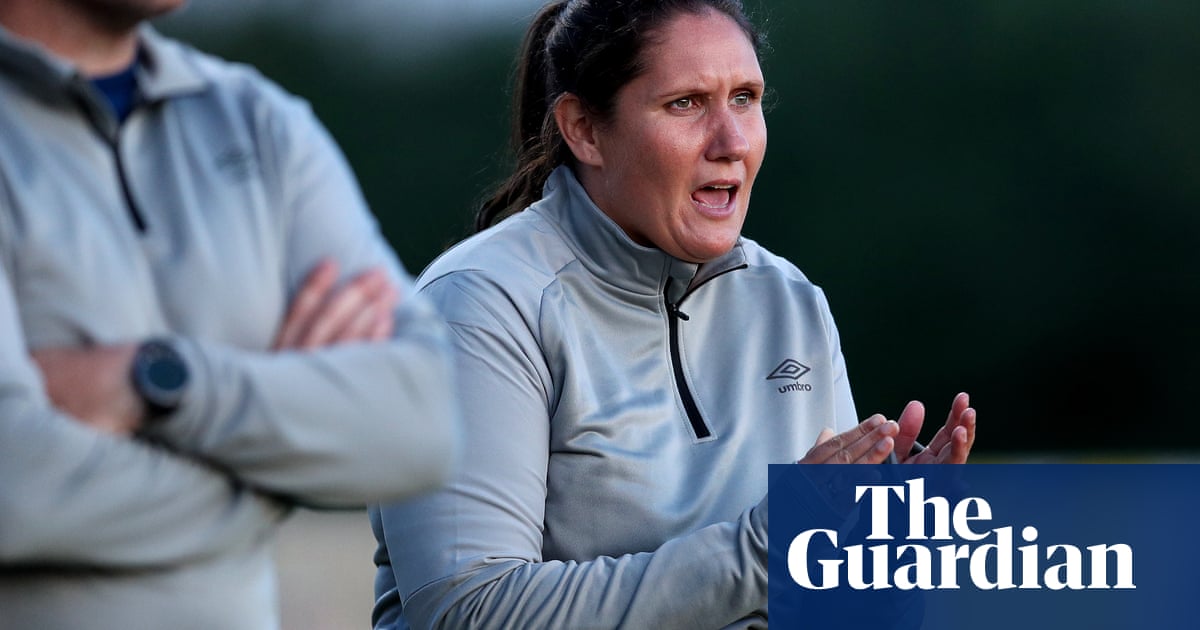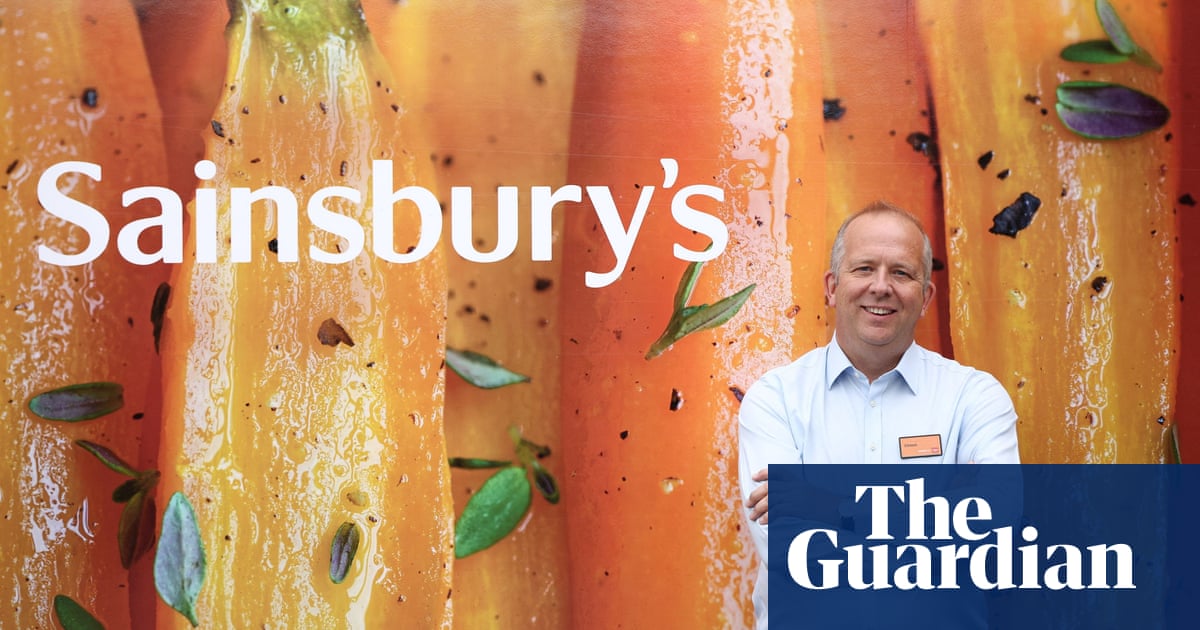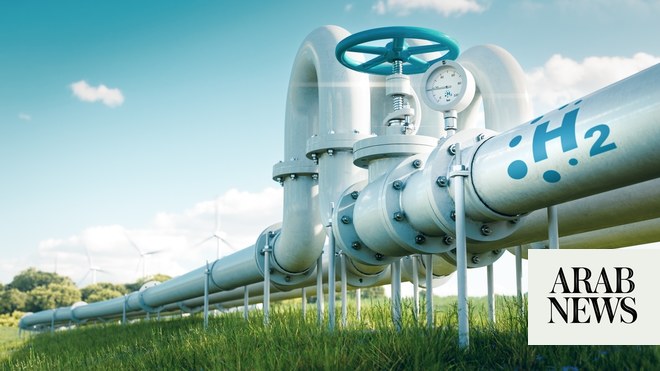
It is fair to say that Britain’s alternative energy sector is not dripping with glamour, but within the world of turbines and micro-inverters, Dale Vince, the multimillionaire founder of Ecotricity, counts as a superstar.
Vince has the directional haircut and the fancy electric motorcycle. He has the maverick past (as a New Age traveller) and the visions of the future (a vegan Britain entirely self-sufficient in green gas). And he has his fingers in many sustainably sourced pies, from rainforest regeneration to electric vehicles, documentaries like Seaspiracy to tidal lagoons, artificial diamonds to plant-based football. In addition to founding the world’s first green energy company – Ecotricity began life as a wind turbine that Vince had built next to his caravan in 1995 – he is the owner of Forest Green Rovers, the world’s first vegan, carbon- neutral football club, whom he has taken to the third tier of English football for the first time in its history. A timber stadium is one of the next items on the club’s agenda.
I’d be tempted to call Vince the British Elon Musk were it not for the fact that Vince detests the Tesla and SpaceX founder with a cold, congealed fury. The pair clashed over electric vehicle charging points back in 2016, eventually settling out of court, and mention of Musk’s name prompts derision and expletives from a man who generally keeps his cool. “He’s just a bad man,” Vince says. “A completely amoral bad man who pursues money and ego. There’s a big disconnect between electric cars and fucking rockets, isn’t there? What’s happening there?” It is his considered opinion that “not fucking up the Earth” is a more realistic goal than colonising Mars. “We give way too much power to super-rich people like Jeff Bezos and Elon Musk.”
Super-rich is not a category Vince places himself in, but I don’t think he could argue with “extremely rich”. The Sunday Times once totted up his assets at £100m and, while he insists that was a back-of-the-envelope calculation, he is in the process of turning that paper value into cash. After selling his Electric Highway vehicle charging network to Gridserve last year, Vince put Ecotricity itself up for sale this spring with an asking price of £200-£300m, only to then take it off the market in late October saying the time was not right because the market is so volatile. Earlier this year, he felt the company needed a new owner with deeper pockets to fund £2bn-odd worth of projects. “We had a lot of serious interest, but it’s been affected by the crisis in Ukraine,” he says. Wouldn’t the energy crisis make a green energy company a more appealing thing to buy? “We had tons of interest, big teams crunching through the data. But when push came to shove, with so much uncertainty about the coming winter, people held back.” So he has had to get back to work. “Shame,” he sighs. “I wanted to be free.”
Also abandoned, for now, is his plan of standing for parliament. A Labour party member, he considered putting himself forward in Stroud – where the Conservative incumbent Siobhan Baillie has a distinctly overturnable 3,840 majority – but after making a few enquiries, decided frontline politics wasn’t going to be for him and that he could have more impact as an “independent voice”. He has instead formed a thinktank, the Green Britain Foundation, which he hopes will provide a steady stream of reports into how we will achieve net zero. Either way, he feels the obstacles to progress are political. “We have all the technology we need to get to zero carbon,” Vince says. “We have public opinion with us. It’s more economical to use green energy than not to use it. The only thing holding us back is politicians.”
We are talking in Vince’s glass-walled office at the Ecotricity building on a roundabout in the middle of Stroud. I had been expecting a vision of rural futurism; in fact there is a bit of a Wernham Hogg vibe about the place. Vince seems completely uninterested in London and indeed, in cities and towns in general, which is one of the reasons he spent 10 years living out of a van. “If you don’t live in a conventional way then it’s really hard to live in a town,” he says. “You have to have a house and that comes with bills. When you live on the road in a van you have no bills at all. It’s much more compatible with trying to be free and working out whatever it is you want to do in life.”
Vince now has a £3m house, an 18th-century castle outside Stroud, complete with a fleet of electric racing vehicles. At 60, he still looks the part of the alt.entrepreneur: complicated jeans, deep tan, two lightning-bolt earrings in the tragi of his ears. And nor is he shy about expressing his opinions. David Cameron? “Oh my God. What a shameless 180-degree turn he made. He wreaked incredible harm.” Boris Johnson? “What’s he done? What’s he actually done?” Liz Truss? Let’s just say he is not a fan.
Give Vince an energy crisis, a climate crisis and a desperately unpopular prime minister hell bent on bringing back fracking (Liz Truss was, briefly, PM when we met) and he warms up. “She says she’s going ahead with fracking where local people want it. But we all know that local people don’t want it, anywhere! The ex-boss of [onshore exploration company] Cuadrilla has come out and said that fracking doesn’t work in Britain. The geology is difficult, the politics is difficult, and people don’t want it.”
Vince is a firm believer in what he calls “green populism”. “We need to take cues from people like Farage and Johnson, even Trump, in the way they communicate with people,” he says. “Don’t make it about polar bears and people on the other side of the world. Don’t make it about being altruistic and giving up some part of your lifestyle. Lead with the jobs. The boost to the economy. The value of clean air. The personal benefit to everyone. Energy independence delivered through renewable energy has the most phenomenal benefits for our country.”
Many of his projects – from erecting a wind turbine next to the M4 near Reading to his ownership of Forest Green Rovers – are undertaken with a view to promoting green causes. To this end, he also writes for the Daily Express and regularly spars with Nigel Farage and friends on GB News. “I’ve really enjoyed talking to them,” he says. “They are decent people. They don’t talk over me. What they have is myth and prejudice. But what they don’t have are facts. And I’ve offered them facts to counter their myths. It has an impact. Maybe we can even get them on board.”
He describes the potential windfalls of green energy as being like “Brexit – but real. Before the energy crisis, we spent $50bn a year bringing fossil fuels to Britain just to burn them. We had to buy them in dollars which is a currency risk. And that price is volatile. It could be three times as high as that. If we just spent that $50bn for two or three years on hardware, we could power ourselves completely on renewable energy. Instead of giving $50bn to Russia and Saudi Arabia and commodity markets, it would stay in our economy. We’d create hundreds of thousands of jobs, we’d clear up the air, we’d have a much better quality of life.” This would add up to £1bn a week, he reckons, three times as much as the infamous £350m a week for the NHS Johnson claimed Brexit would deliver.
So while Farage and outriders are now trying to turn net zero into a culture war issue, he prefers to see it as a democratising force for the world at large. “The wind and the sun are available everywhere in the world. They’re not located in certain geographies. They can’t be controlled by a cartel. You can’t fight a war over it.”
What is holding us back is, naturally, vested interests, with which he has become familiar after 25 years in the energy sector. “The Tories are stuck in this old landowning mindset of being guardians of the countryside,” he says. The traditional Tory opposition to onshore wind, he points out, is not shared by the majority of voters. He has donated to Labour, the Greens, Lib Dems and Extinction Rebellion in the past, but has been a card- carrying Labour party member since the Tony Blair-era. He thinks Keir Starmer is doing a “good job” and is impressed by Rachel Reeves’s plans for the green economy. “There’s tens of millions of people struggling to pay their energy bills. It’s the global commodity price that’s gone up – not the cost of production. All of the money has been siphoned out of ordinary people’s pockets and into the energy industry. It’s equitable to put it back. It’s not much of an ask, either.”
While Vince is unforthcoming about his childhood, he does recall marvelling at the amount of earth that was covered in concrete and asphalt and wondering how it breathed. He also frequently challenged his parents on their meat eating. “They would also hate it if I questioned what the body part was. ‘Don’t be so disgusting! Don’t talk about it!’ I’d be like: ‘We can’t talk about it, but we can swallow it?’”
As for his own family, he has two grown-up sons, Dane and Sam, from former relationships and a teenager, Rui, with his current wife, Kate. “I’d rather not talk about my personal circumstances,” he says when I mention his children. This isn’t entirely surprising: back in 2015, Vince fought a high-profile court case against Dane’s mother, Kathleen Wyatt, which was later settled. Still, the fact that Dane and Sam both now work for him at Forest Green Rovers suggests everyone has found a way to muddle along. “It’s fine. I still work with my sister, a couple of brother-in-laws, a sister-in-law, nephews, nieces, all kinds of family have been here at Ecotricity. It’s all right. Well, the good outweighs the bad.”
How does he square having three children with his environmentalism? “Population growth is a big problem,” he concedes. “But there’s another big problem when kids stop being born. If you look at the Japanese economy, it’s been stagnant for decades because they have an ageing population – 8bn people on the planet is mad.”
Yes, so isn’t having three children a bit decadent? “Well I have an answer for you, right? If you look at those relationships, I’ve only replaced myself and two of the other mothers have only replaced themselves, too. So between us all that’s what it is. One person for one person. That’s not profligate or decadent, is it? If you don’t do that, you’ve got a shrinking population.”
It’s not hard to see why he decided against inviting in the scrutiny that would have come with frontline politics. I imagine his travelling past would be subject to some prying, too. He insists his years on the road were not pleasure-seeking, but freedom-seeking. “I was looking for another way to live,” he says. “I wanted it to be low impact and I wanted it to be free from the constraints of what everyone else does.” Did you succeed in that aim? “I did it for 10 years. Absolutely. I supported myself. Learned a lot of skills. Lived in a lot of places. I had a good time.” Without this time, he says, he would never have been able to figure out exactly what it is he wanted to do – or acquired the means to be able to do it.
His plans do not end with politics either. His new company, Skydiamond, which produces artificial diamonds from carbon captured from the atmosphere, is now up and running and taking orders. He tips a small baggie of cut gems into my palm. “It’s alchemy – 21st-century alchemy! I had the idea 10 years ago and everyone I spoke to about it thought I was going crazy.” The idea is not only to provide an actively beneficial alternative to the destructive diamond industry (a single carat of diamond requires the mining of 1,100 tons of rock, the exposure of 30 tons of toxic metal, the consumption of 5,000 litres of water and the production of half a ton of greenhouse gas, he says). It is a messaging exercise. “We can have beautiful things like diamonds. We will just have to do it a bit differently.”
I wonder if he feels he has at last found his place within conventional society. I mean, money helps with that, doesn’t it? “I’m not sure I have actually,” he says. “I’m not a conventional person. I didn’t fit in at school. I didn’t fit in with my parents. I’m not a conventional business person. But I stopped trying to fit in a long time ago. I just do the things I think should be done. It’s not in a hedonistic way. It’s things that I care about and want to see happen. I choose to take the responsibility.”












